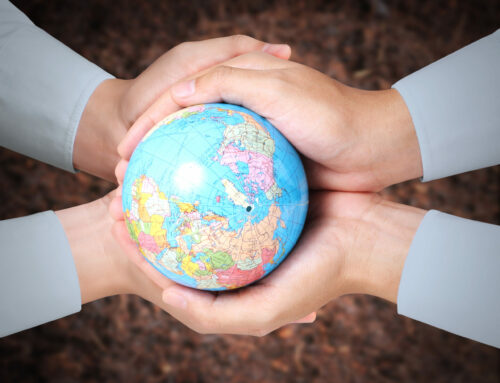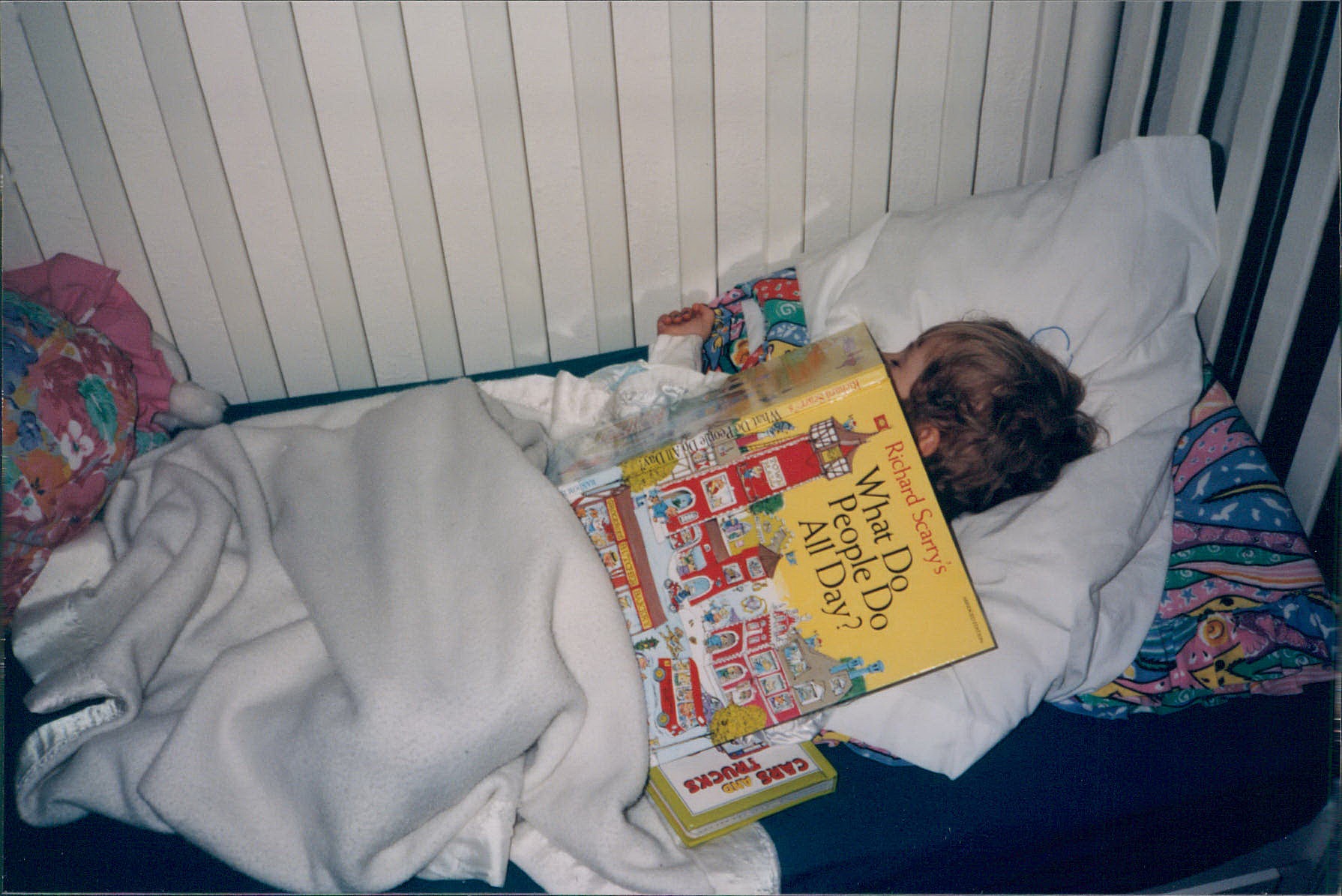
What are you reading these days? Are you keeping up with news reports tracking COVID-19 cases, your ever-evolving state’s and country’s social distancing rules, and vaccine and treatment developments? Maybe you are tracking the stock market, financial fallout, and monitoring the impact of the coronavirus and demonstrations on cities, businesses, and importantly, black people’s lives. How do you manage this information onslaught, in addition to keeping up with developments and responsibilities related to your job, career, interests, and family?
I want to stay informed, but I’m often overwhelmed with the constant updates streaming through my newsfeeds. I signed up for everything. It all seemed so relevant. And yet, so reactive. I now wonder what purpose all this information serves. Will I make better decisions because I’m informed? Facts can be empowering if you know how to make sense of them. Sometimes it’s hard to find the gold in all the sand. Especially when so much “information” is guessing. Who really knows?
I have lists of advice gleaned from podcasters, writers, tweeters and posters, mentors, advisers, friends, and strangers. Often the advice is contradictory—write/don’t try to write, query/don’t query now, read to stay informed/don’t read so much, speak up/be careful what you say, stay active/rest more, eat consciously/consume whatever gives you comfort. I learned that I need to figure out what works for me, and then to be flexible in allowing that to change.
The COVID-19 pandemic is teaching us an awareness of who we are and what we value.
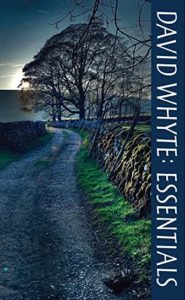 What I’m reading
What I’m reading
Even my choice of books has changed. I usually read more memoir than fiction. I gravitate toward stories of real people living real lives. I’ve always been fascinated by how individuals face adversity and how they overcome. Their resilience instills in me compassion, hope, and faith in humanity.
Over the past three months of stay-at-home sequestering, however, I’ve read twice as much fiction as memoir. I stopped reading several memoirs half-way through because the drama was too intense or traumatic, or because there was no clear message of hope or advice, even if surviving and writing about the experience implied resilience. I wanted messages for living through, not simply surviving. And I needed it early on. And some days I simply needed escape, rather than immersion.
And yet, I couldn’t totally escape. The drought in Godshot (Chelsea Bieker, 2020) became a metaphor for COVID-19, and I wanted to yell into the book, “Don’t answer the door; don’t let them in!”
The Song of Achilles (Madeline Miller, 2012) was the best escape, until Apollo sent the plague to challenge the Greek army in Troy. I tensed with awareness and fear of its overwhelming catastrophe and cringed over the grisly details. This felt too real.
As I look back on my fiction selections, I realize I veered toward—you guessed it—stories of characters surviving and overcoming (as a process, if not always an outcome). Several, including This Tender Land (William Kent Krueger, 2019), When All is Said (Anne Griffin, 2020), and The Prince of Tides (Pat Conroy, 1986), reminded me that relationships are what give life meaning and that crises are an inevitable part of the human condition.
I just finished The Great Believers, an historical novel written by Rebecca Makkai about the 1980s HIV/AIDS crisis in Chicago. I was there, working on the oncology unit at Northwestern Memorial Hospital, where the first patients often presented with lymphoma or Kaposi’s sarcoma. Makkai’s characters were real to me (it helps that she developed them with expressive detail and compassionate complexity). The setting transported me back in time; that is, until the protests and police responses jerked me back to my real-time home in Minneapolis. How could so little change in thirty-five years?
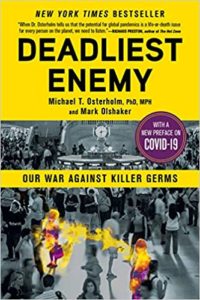 Global crises
Global crises
In early March, just as the coronavirus was invading the United States, I read Michael Osterholm’s book, Deadliest Enemy: Our War Against Killer Germs (2017). Of particular interest to me were the chapters on the 1918 Spanish flu (caused by the H1N1 influenza virus), the HIV/AIDS epidemic (which still has no vaccine or cure), resurgence of the H1N1 virus (as the 2009 swine flu), and in Chapter 19, a simulated model of how an unchecked H7N9 influenza invasion looks eerily like the SARS-CoV-2 pandemic today. I reread Chapter 19 this week. I expect we will be revisiting the year 2020 many times over.
Situations that are largely uncontrollable, unpredictable, and of high consequence create the most stress. We can manage that stress by staying informed, keeping perspective, and doing whatever we can to stay safe—and sane.
When I find myself reacting and over-reacting to all the noise, I turn to spiritual or inspirational books. Pema Chodron helps me feel grounded in a time of groundlessness, David Whyte whisks me off on meaningful worldly paths, and Rainer Marie Rilke inspires love and closeness during a time of isolation and death.
I still read about COVID-19 cases and the science behind potential treatments and vaccines. And I gravitate toward real life stories of those who died and those who survived. As a nurse, and as someone with multiple chronic illnesses, I have great concern for the long-lasting effects this virus may have on human bodies, cognition, and psyche. I anticipate many new books on the horizon.
Michael Osterholm reminds us weekly in his CIDRAP podcasts (Center for Infectious Disease Research and Policy at the University of Minnesota): We have been through past crises. We survived. Yes, the reality is hard. And it’s not going away anytime soon. We have to learn to live with COVID-19. It’s important to have a plan, to know what we will do.
Although Dr. Osterholm is referring to leadership action, I’m wondering what each of us, as individuals, will do. What risks are you comfortable taking as you venture back into society? And what, pray tell, are you reading? What gives you strength and solace during this stressful time?
~ Janice
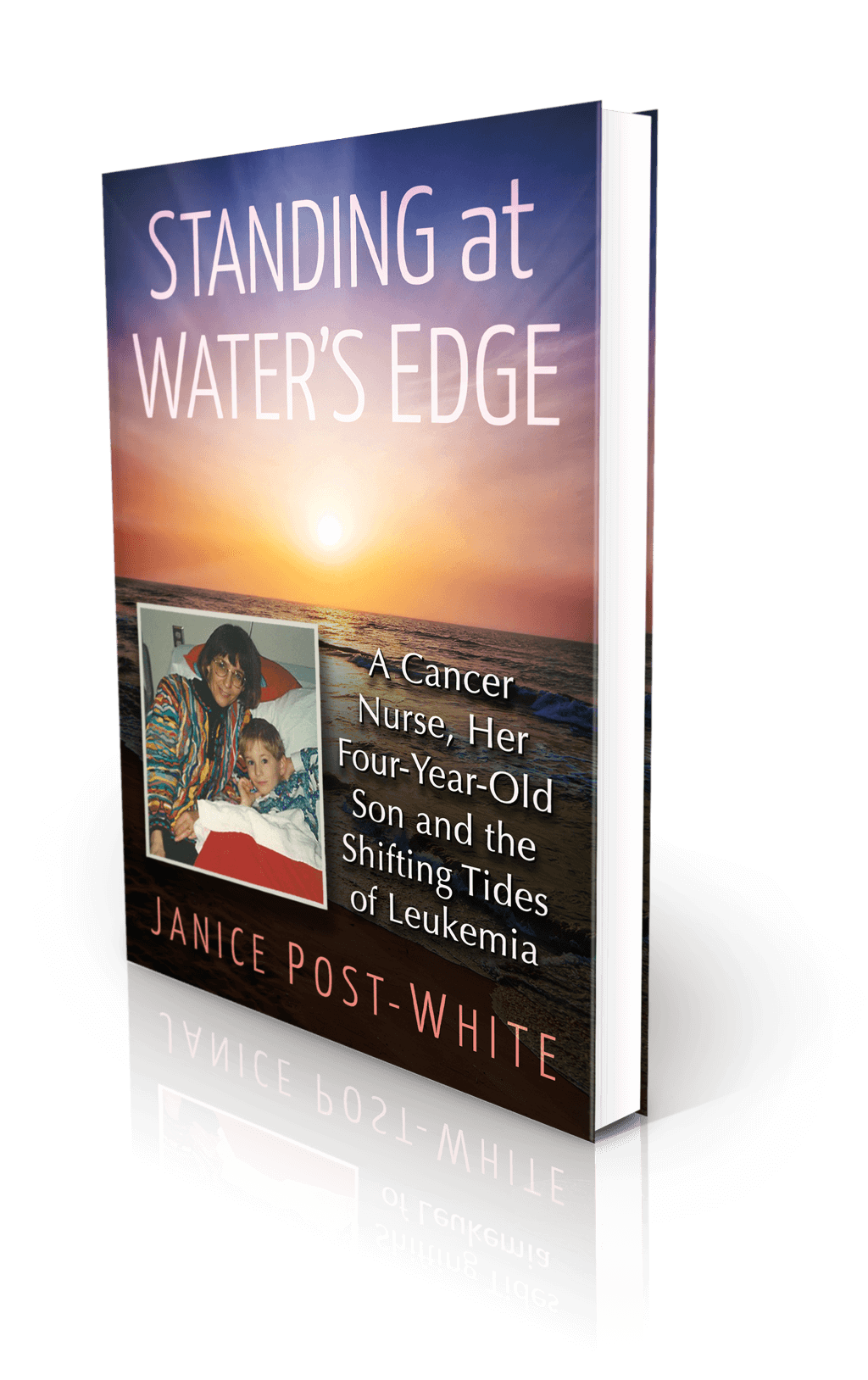
About the Book
Janice Post-White’s memoir is a story about a cancer nurse who thought she knew what life and death were about.
Then her 4-year-old son got leukemia.
This heart-wrenchingly real but inspiring book shines a light on the life-affirming discoveries that can be made when one is forced to face death—and bravely chooses to face fears.
ON SALE DECEMBER 3, 2021
2022 First Place Award from the American Journal of Nursing Book of the Year in the category of Consumer Health and Third Place in Creative Works
Finalist in Health/Cancer from the American Book Fest Best Book Awards, the International Book Awards, and the Eric Hoffer Book Awards

